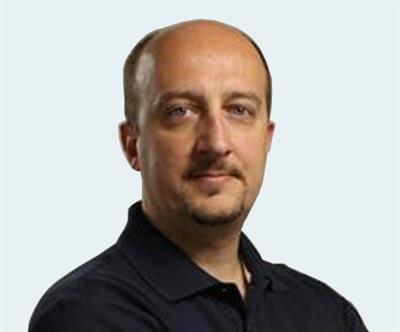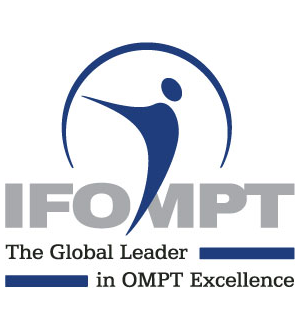Capita Selecta - Webinar
30 Marzo 2023, ore 17:30
Technology in Sport: what can we learn from high performance sport for applications in rehabilitation?
Prof. Marco Cardinale
Abstract
Technology in Sport has been evolving at a very rapid pace in the last 20 years. Wearable technology is becoming widely available and it is changing the way sports science support is provided to athletes and coaches. Gone are the days when sports science was delivered uniquely via laboratory testing when athletes were needed to attend well-equipped laboratories to perform various tests able to determine their status and develop training advice. Thanks to the advancement of technology, it is now possible to perform measurements in gyms, on the field of play, at training and competitions, and at home.
This talk will present first an historical perspective of technology in sports and its evolution through the applied experience and the scientific work of the speaker. Then the challenges of the ‘data tsunami’ which forces sports scientists to acquire new skills and abilities to analyse and visualize information to be able to improve decision-making when planning training activities and/or specific interventions will be presented together with some recent legal matters which may influence of technology will be applied in Sport. Finally, lessons learnt from high-performance sports will be presented for potential implementation in the rehabilitation setting.
More info: https://www.aspetar.com/journal/articles.aspx?issueid=76
Prof. Marco Cardinale
 Professor Marco Cardinale is the Executive Director of Research and Scientific Support in Aspetar, the Qatar Orthopedic and Sports Medicine Hospital and an Honorary Academic and Senior Lecturer at University College London (UCL).
Professor Marco Cardinale is the Executive Director of Research and Scientific Support in Aspetar, the Qatar Orthopedic and Sports Medicine Hospital and an Honorary Academic and Senior Lecturer at University College London (UCL).
Before joining Aspetar he was the Head of Sports Physiology and Research at Aspire Academy in Doha (Qatar). He also led the Sports Science activities to prepare Team GB at the Beijing 2008, Vancouver 2010 and London 2012 Olympic Games.
A former Handball coach, he has been involved in coach education in various countries in strength and conditioning and exercise physiology. A widely published and cited author in the scientific literature on multiple aspects of human performance, he has also patented an innovative exercise device of a vibratory biofeedback system which received research awards from NEStech and the Design Council.
Professor Cardinale holds two honorary academic appointments one at University College London (UCL) in the Division of Surgical and Interventional Medicine and in the Department of Computer Science and one at the University of Plymouth.
He has been an advisor to various companies (e.g. Polar Electro, Medisport and Technogym), government agencies (e.g. the European Space Agency) and professional sports organisations and national governing bodies in 4 countries before moving to Qatar.
Professor Cardinale has been an invited speaker in scientific conferences and coaching clinics in 21 countries and has been an ad-hoc reviewer for over 15 scientific journals and various research councils.
Professor Cardinale was a member of the Research Excellence Framework panel in the unit of assessment 26 (Sports related studies). In 2011 he was awarded the honour of "Cavaliere dello sport pontino" by the Italian Olympic Committee for his services to international sports.
Professor Cardinale was an advisory board member of NIKE (SPARQ) and was a member of the scientific committee of the Italian Track and Field Federation from 2013 to 2016. In 2017 he obtained the national Habilitation to Full Professor from the Italian Ministry of Education in 06/N2 Science of Sport and Physical Activity. Professor Cardinale holds a B.Sc. from ISEF in Italy, an M.Sc. from the US Sports Academy in the USA and a PhD from Semmelweis University in Hungary.


 Il Master in Riabilitazione dei Disordini Muscoloscheletrici dell'Università di Genova risponde pienamente agli standard formativi del terapista manipolativo dettati da IFOMPT.
Il Master in Riabilitazione dei Disordini Muscoloscheletrici dell'Università di Genova risponde pienamente agli standard formativi del terapista manipolativo dettati da IFOMPT.